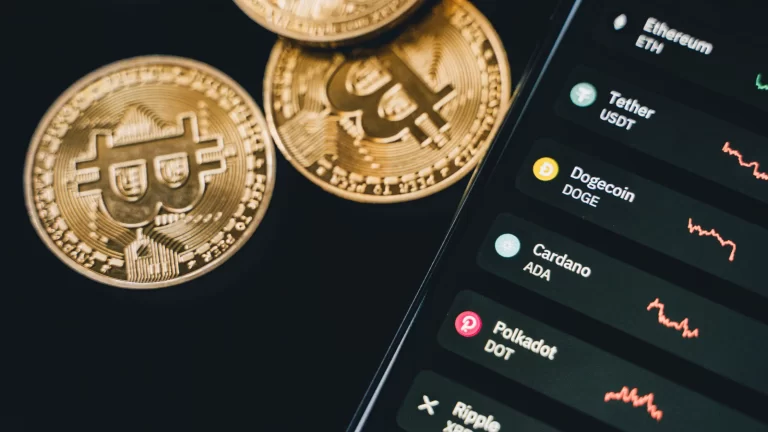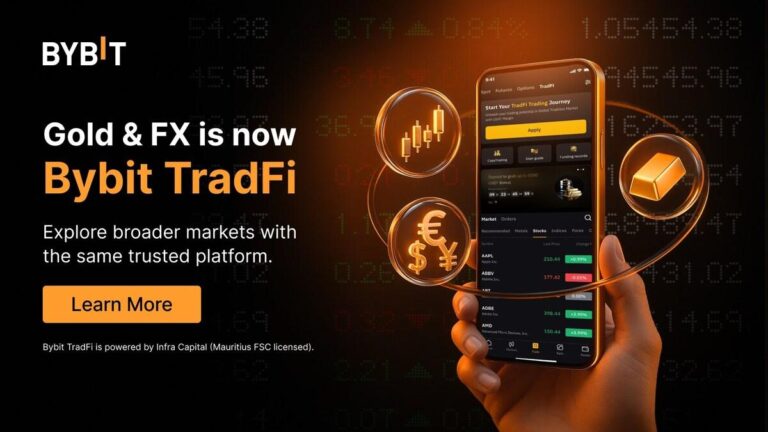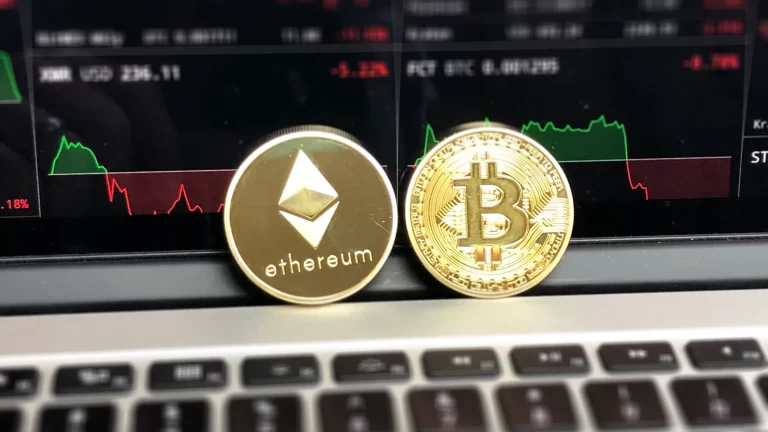Bitcoin Blockchain & Cryptocurrency Explained
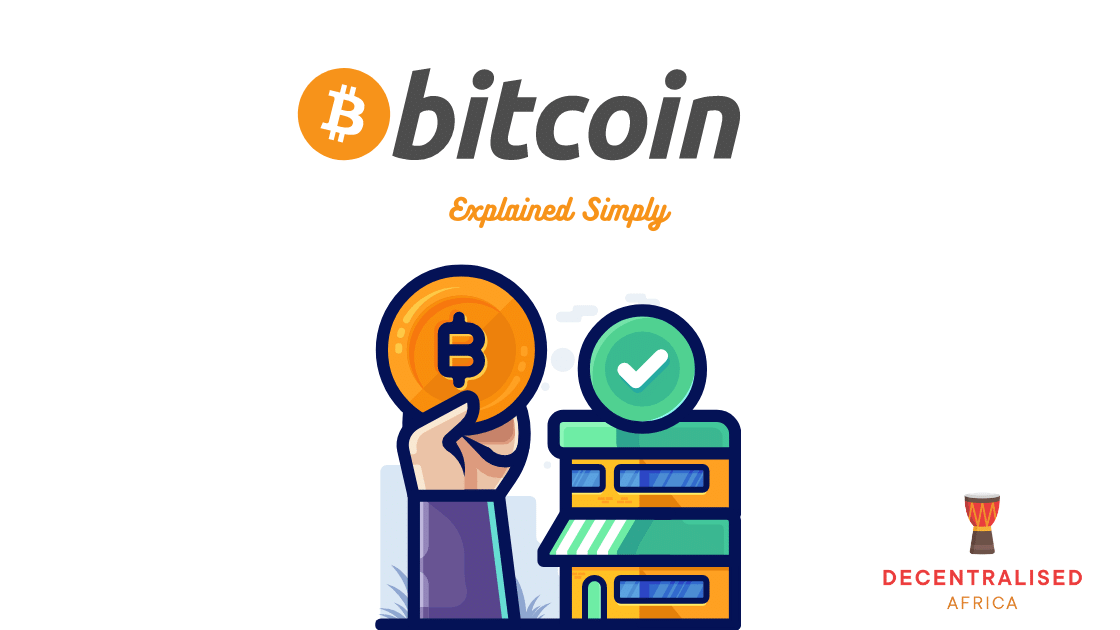
Bitcoin blockchain
The first use case of blockchain technology
“Bitcoin is a remarkable cryptographic achievement, and the ability to create something that is not duplicable in the digital world has enormous value.” –Eric Schmidt, former CEO of Google
A blockchain includes different digital assets, including digital tradeable tokens and inventory tokens. The blockchain may implement a transaction type that includes tokens may be associated with physical assets that can be uniquely identified and are intended to be mutually interchangeable with each other. The validation rules of the blockchain may rely upon quantities of the digital tokens satisfying a predetermined relationship.
Blockchain’s first use case came in the form of Bitcoin when the Bitcoin network launched. Bitcoin, a form of digital currency was introduced by someone or a group of people named Satoshi Nakamoto. The original bitcoin software was released to the public in January 2009 as open source software, which meant that anyone could examine the code or reuse it.
“The root problem with conventional currency is all the trust that’s required to make it work. The central bank must be trusted not to debase the currency, but the history of fiat currencies is full of breaches of that trust. Banks must be trusted to hold our money and transfer it electronically, but they lend it out in waves of credit bubbles with barely a fraction in reserve. We have to trust them with our privacy, trust them not to let identity thieves drain our accounts. Their massive overhead costs make micropayments impossible.” – Satoshi Nakamoto, Inventor of Bitcoin
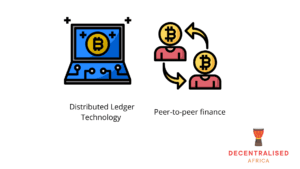
Peer-to-peer technology is the driving force behind Bitcoin. Bitcoin became the first digital currency to solve the problem of double spending; which had been the major obstacle to the attainment of a full-functional and reliable digital currency. Double-spending takes place when a transaction uses the same input as another transaction that has already been made meaning that prior to Bitcoin, digital currencies were effectively worthless since they could be spent more than once.
The impetus behind Bitcoin’s creation was to establish a peer-to-peer electronic cash system. One without a central point of failure and that would legitimise digital currency. A digital currency such as Bitcoin, can be thought of as being a digital file. If, for example, you have a file that has been saved locally to your computer. There is nothing preventing someone from simply copying the file as many times as they want and share the file with others. In the case of digital currencies, it is not ideal for the same digital currency to be spendable more than once, because it can result in inflation and a loss of trust in that currency, rendering it useless. Bitcoin effectively has a mechanism based on transaction logs to verify the authenticity of each transaction and prevent double-spending.
“Virgin Galactic is a bold entrepreneurial technology. It’s driving a revolution. And bitcoin is doing just the same when it comes to inventing a new currency.” – Richard Branson, Founder of Virgin Group
Bitcoin is one application of blockchain technology where digital currency was minted and granted to people based on the work put in by their computers running what’s called a mining application. Mining programs are set up to basically perform complex calculations to verify the other transactions taking place around the globe using cryptographic algorithms. Miners are granted small fractions of bitcoins In exchange for their processing power.
“Bitcoin, and the ideas behind it, will be a disrupter to the traditional notions of currency. In the end, currency will be better for it.” – Edmund Moy, 38th Director of the United States Mint
The one thing to remember is that cryptocurrencies or tokens or coins as they are commonly referred to are not physical. They are stored on digital wallets and when accessing a wallet using a private and public key which is essentially a username and password, one is able to see how many tokens/coins one has, in much the same way as you view your balance on a banking app. One is able to send and receive cryptocurrency to and from a digital wallet.
“PayPal had goals of creating a new currency. We failed at that, and we just created a new payment system. I think Bitcoin has succeeded on the level of a new currency.” – Peter Thiel, Co-Founder of PayPal


